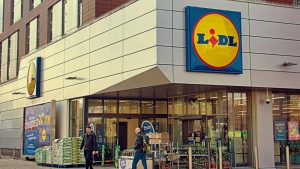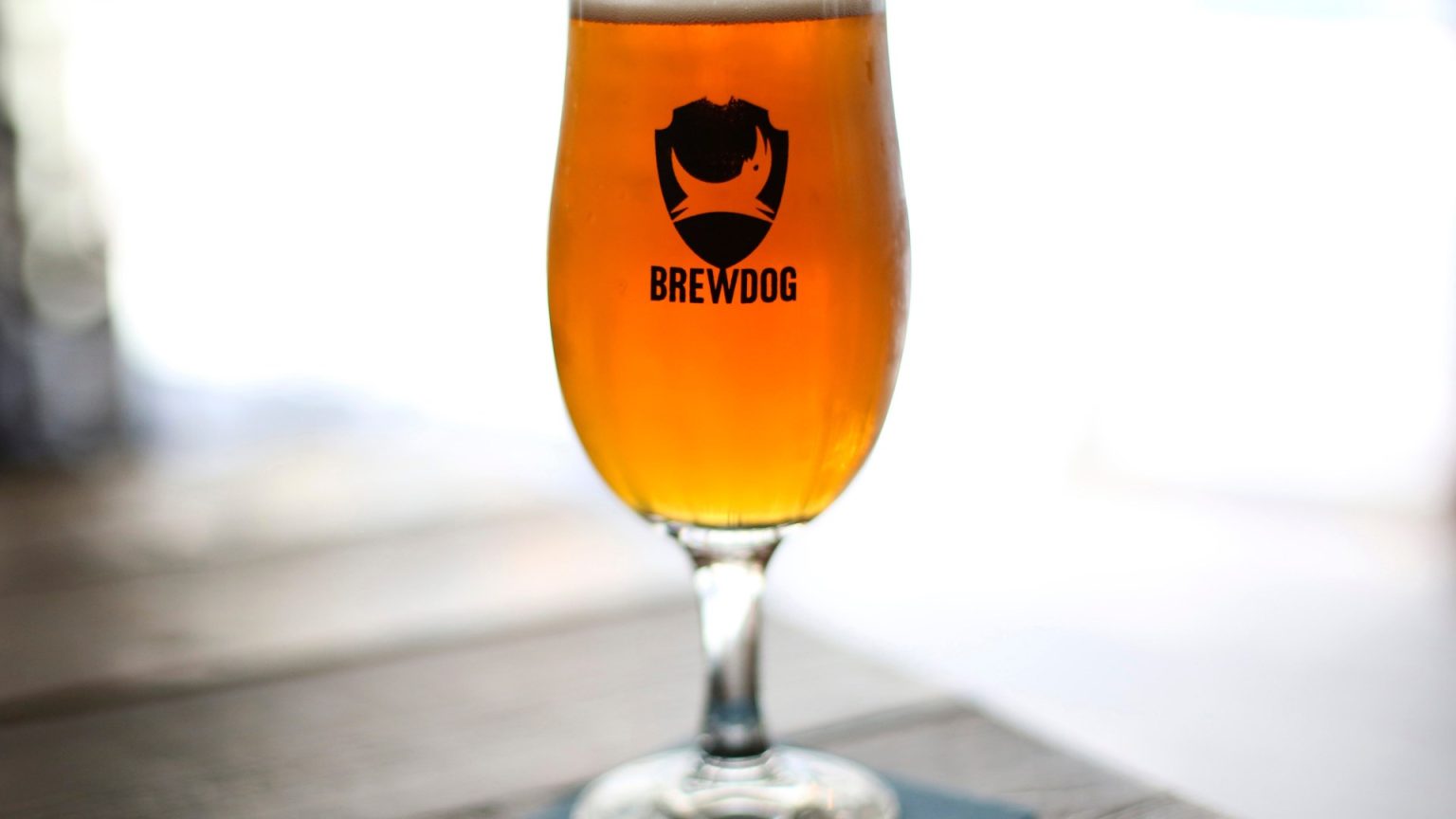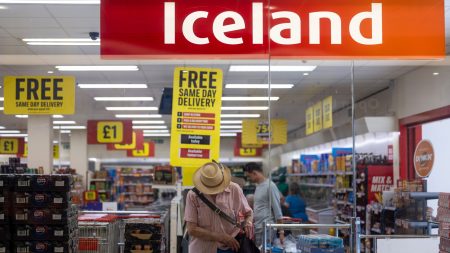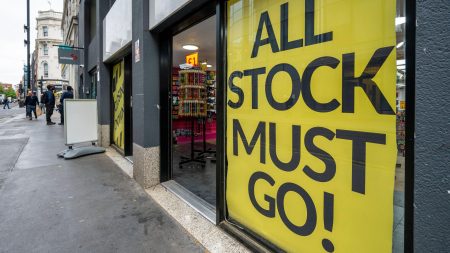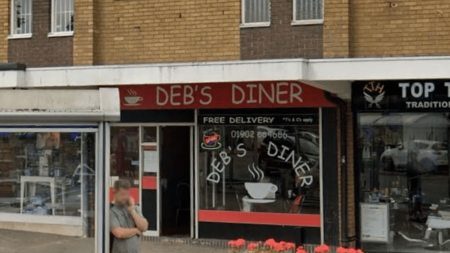James Watt, the founder of Brewdog, is launching a groundbreaking reality TV show called “House of Unicorns,” offering a £2 million cash prize, the largest in UK television history. This venture stems from Watt’s frustration with traditional business reality shows, which he believes rely on outdated stereotypes and lack genuine support for entrepreneurs. Having been twice rejected by Dragons’ Den, once as a contestant and later as a potential Dragon, Watt is determined to create a platform that genuinely empowers and invests in innovative businesses. The show will feature ten competing businesses vying for the substantial prize, with £1 million contributed by Watt himself and the other half by Founders Capital, an investor community. Viewers will play a crucial role in determining which business receives £1 million, while Watt will decide the recipient of the other £1 million. Furthermore, viewers will have the opportunity to invest in the winning businesses, democratizing access to investment opportunities and further fostering entrepreneurial growth. If a television network is not secured, the show will be broadcast on YouTube, ensuring a wide reach and accessibility. Watt’s passion for business and supporting founders is evident in his recent investments in 20 businesses since stepping down as Brewdog’s CEO. He hopes “House of Unicorns” will propel promising companies towards achieving “unicorn” status, a valuation of $1 billion.
In other business news, Marston’s is launching the “Cool Hand Cup,” a darts competition offering pub players the chance to challenge world champion Luke Humphries. The competition, running until the end of March, invites participants to beat Humphries’ “around the clock” time in participating Marston’s pubs. Regional winners will advance to the final for a showdown with the darts champion. Marston’s reported a successful Christmas period, with food and drink sales up 11% over the festive season. Total sales for the 16-week period ending January 18th also saw a 3% increase, marking a strong start to the year for the pub chain. This positive performance follows a return to profitability and debt reduction in the previous financial year.
Shoe Zone, a struggling retailer, experienced a 38% decline in profits to £10.1 million for the year ending in September. Revenue also dipped by 2.7% to £161 million. The Leicester-based chain, which operates 297 stores and employs 2,250 workers, issued two profit warnings in the latter half of last year. The company attributed the profit drop to escalating costs, including shipping, energy, wages, and store renovations, along with challenging trading conditions due to unfavorable weather. Chairman Charles Smith highlighted the difficult trading environment, particularly during the summer peak season, compounded by rising container prices, energy costs, depreciation charges from increased capital expenditure, and higher wage costs due to the National Living Wage increase. Shoe Zone is actively working to reduce its cost base and address the challenges. Despite the negative results, the company’s shares saw a slight rebound, indicating some optimism among investors.
Premier Foods, the owner of Mr Kipling, reported strong Christmas sales, driven by a 20% surge in mince pie sales. The company’s premium product lines, including Ambrosia Deluxe desserts, Bisto Best Gravy, and Mr Kipling Signature Brownie Bites, also performed well, resulting in a 3% overall sales increase to £360 million for the 13 weeks ending December 28th. Other successful brands included The Spice Tailor, benefiting from Diwali celebrations and new product launches, and Loyd Grossman cooking sauces. Overseas sales saw a significant 29% jump, fueled by the introduction of new ranges like flavored bakewell tarts, which boosted Kipling cakes’ popularity in Australia. Based on this positive performance, CEO Alex Whitehouse forecasted a profit of £180 million to £186 million for the year.
The Insolvency Service reported a 14% increase in personal insolvencies in England and Wales, reaching 117,947 in 2024. However, there was positive news regarding business insolvencies, which declined by 5% to 23,872 in the same year. This suggests a more stable environment for businesses despite the challenges faced by individuals.
Marshalls, a landscaping and paving supplier, anticipates a market recovery despite an 8% revenue decline to £619 million in the past year. CEO Matt Pullen expressed confidence in the company’s position to capitalize on the anticipated recovery, which is expected to gain momentum throughout the year. However, he cautioned that market uncertainty and increased National Insurance contributions could impact the recovery process. The company achieved a significant debt reduction, cutting net debt by approximately one-sixth to £134 million.
The British Business Bank announced its support of 209,000 smaller businesses since its inception in 2014, generating an estimated £43 billion in additional economic output and creating 250,000 jobs. This highlights the bank’s significant contribution to the growth and development of the UK’s small business sector.
Aldi is set to increase its minimum hourly wage for in-store workers to £12.71 in March, up from £12.40. London workers will receive a higher minimum of £14 per hour, up from £13.65. Aldi employs 45,000 people across its 1,020 stores in the UK. CEO Giles Hurley praised Aldi’s colleagues as “the best in the business.” Sainsbury’s, the second-best paying supermarket, plans to raise its minimum wage to £12.60 in August, followed by Lidl at £12.40. These wage increases reflect the growing emphasis on fair compensation within the retail sector. A summary of share price movements for various companies is also provided.


